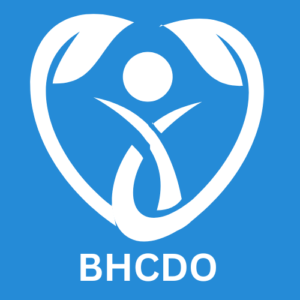Call us
+252-614883858
Food security, as addressed by Better Hope Community Development Organization (BHCDO), plays a vital role in supporting vulnerable communities, particularly in Somalia. The organization focuses on ensuring that individuals, especially those affected by displacement, have consistent access to sufficient, nutritious food to lead healthy, productive lives. The issue of food security is deeply interconnected with sustainable agriculture, livelihood enhancement, and the empowerment of local communities to foster self-reliance.
BHCDO’s strategy is comprehensive, targeting the root causes of food insecurity through several key initiatives:
Somalia’s ongoing challenges—including conflict, displacement, and climate change—have made food insecurity a persistent issue. BHCDO addresses these challenges holistically by combining emergency humanitarian assistance with long-term development goals. This dual approach helps communities cope with immediate food shortages while also building the infrastructure and knowledge necessary for sustained agricultural success.
The organization’s programs, including vocational training, are designed to break the cycle of dependency and empower individuals with the skills needed to secure their own livelihoods. This is particularly important for displacement-affected communities, where food insecurity is often compounded by a lack of stable employment opportunities.
At the heart of BHCDO’s food security program is the commitment to improving the lives of individuals and families. By enhancing agricultural productivity and supporting economic activities, BHCDO enables people to take control of their food security. This not only ensures better health and nutrition outcomes but also contributes to the overall development and stability of communities.
Ultimately, BHCDO’s efforts aim to create self-reliant communities that can feed themselves sustainably, reduce dependency on external aid, and recover more quickly from environmental or economic shocks. Through collaboration with local and international partners, the organization continually works toward a future where food insecurity is no longer a daily concern for vulnerable populations in Somalia.

Better Hope Community Development Organization is dedicated to transforming lives and building resilient communities across Somalia. Our mission is to provide sustainable and comprehensive solutions in various critical areas to improve the well-being and future prospects of the Somali people.
+252-614883858
info@betterhopecommunitydevelopment.org
Baidoa, Southwest State Somalia
BHCDO© 2024, All Rights Reserved